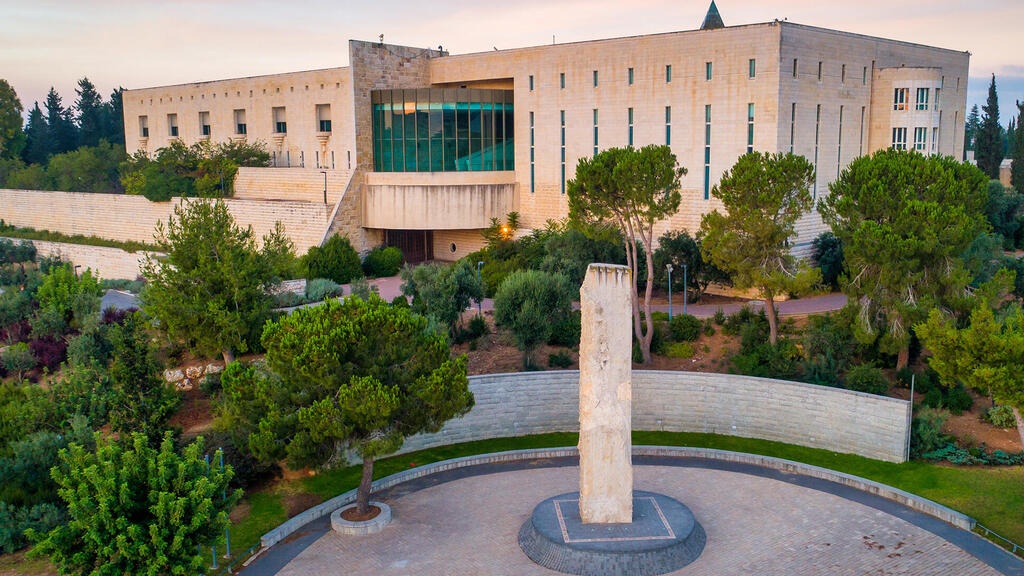Getting your Trinity Audio player ready...
A proposed law to allow a Knesset majority to overturn High Court rulings would be a “fatal blow” to Israel’s democracy, legal experts have cautioned.
Members of the likely upcoming coalition government under Benjamin Netanyahu are said to be in favor of a proposal that would enable a 61-Knesset-member majority to overrule the Supreme Court and cancel its decisions. Netanyahu, who was initially reluctant to include the controversial override clause in coalition negotiations, agreed to do so following pressure from his allies in the ultra-Orthodox United Torah Judaism and Religious Zionist parties.
Legal experts in Israel say the move would significantly weaken the country’s democracy.
Dr. Amir Fuchs, a senior researcher at the Israel Democracy Institute, said that the incoming government is hoping to gain “unlimited power” by passing the law.
“They will be able to do what they want,” Fuchs said. “At the moment they are limited due to the Basic Laws that protect human rights. The High Court decided 22 times in the past 30 years that a law [passed in the Knesset] caused disproportionate harm or was for an unworthy purpose.”
Fuchs added that the override clause would lead to lawmakers crafting legislation that leads to greater inequality in Israeli society, such as by granting exemptions for mandatory military service or by denying asylum seekers entry to the country. The proposal could also lead to the rescinding of certain rights, for instance by forbidding LGBT couples from having children via surrogacy. The latter was granted by Israel’s Supreme Court just earlier this year.
“Supporters of the override clause argue that the law would increase democracy because the majority would be able to make decisions and govern,” Fuchs said. “But if, like me, you believe that democracy is about the balance of power and protecting human and minority rights from the tyranny of the majority, then it’s clear that the clause would lead to a deterioration of our democratic status. I’m not saying that it will turn us into a non-democratic state, but it’s a fatal blow that makes it such that Israel would be democratic only via procedures and elections.”
Unlike in other democratic countries, Israelis enjoy fewer constitutional protections due to the parliamentary system.
“Israel has a deficit of checks and balances and does not have a bicameral [legislature],” Fuchs noted.
Other legal experts agree that the ramifications of the override law cannot be understated.
According to Israeli news site Yedioth Ahronoth, some 130 lecturers and faculty members of Israeli law schools signed a petition on Sunday warning that the proposed law would seriously undermine human rights protections and would be “regretted for ages.”
Dan Yakir, chief legal counsel for the Association for Civil Rights in Israel, called the override law a “fatal blow” that would neuter the courts and stop them from being able to defend human rights and minorities.
“There is no real separation of powers between the government and the Knesset,” Yakir told The Media Line. “The Knesset is generally powerless because the coalition government also controls the Knesset. Because of this limitation, it is particularly important to have a court to go up against the government in order to have checks and balances.”
Yakir believes the override clause would be just one in a thousand cuts to Israel’s democratic status. There are other significant pieces of legislation, he noted, that would add to this damage, most notably the government might also attempt to control the appointment of Supreme Court judges, a task that is currently carried out by a panel of legislators, sitting judges and lawyers.
Another possibility would be that the ruling coalition would try to cancel Netanyahu’s ongoing corruption trial.
“Taken together, all of these steps have a very significant impact on democracy,” said Yakir.



